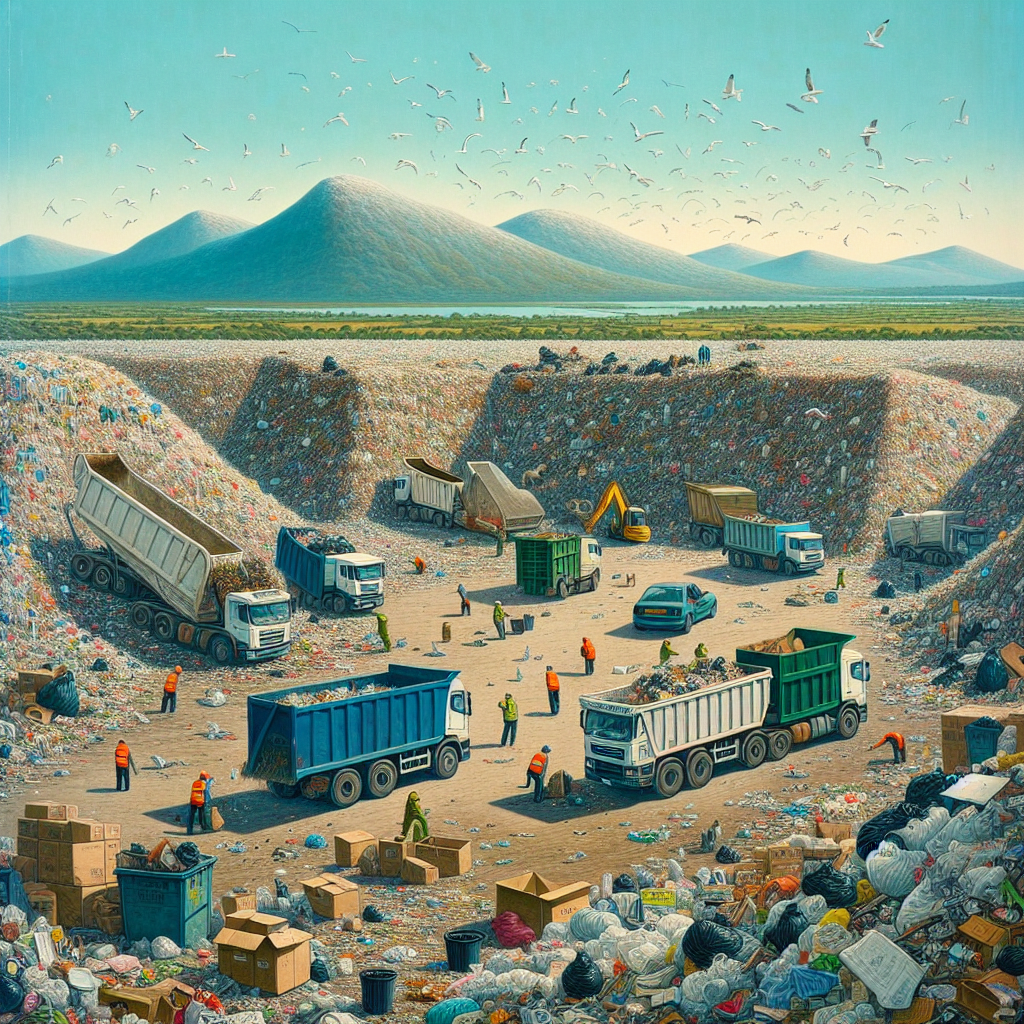Harnessing Resources: A Path to Halve Global Pollution
A World Bank report warns of the economic threats posed by land degradation, air pollution, and water stress. By managing natural resources more efficiently, global pollution could be halved, especially helping low-income countries. The report highlights the urgent need for policy change amid upcoming climate talks.

Degraded land, polluted air, and water stress significantly threaten the global economy, according to a senior managing director at the World Bank. By optimizing natural resource utilization, pollution could be reduced by half, potentially equipping low-income countries to face these challenges more effectively.
World Bank's Axel van Trotsenburg highlighted the acuteness of this situation for countries battling poverty, climate change, and biodiversity declines, around 80% of their populations are currently exposed to these issues. Even as aid budgets face cuts, the World Bank vows to tackle these challenges.
This report emerges amid tense political climates as preparation for November's COP30 talks in Brazil continues. The bank plans to present data-backed arguments to member governments, emphasizing the immediate economic consequences of neglecting environmental issues.
(With inputs from agencies.)
ALSO READ
Infernal Summers: Rising Wildfire Threats in Spain's Climate Change Epoch
Rising Snakebite Risks: Climate Change Fuels Big Four Spread
A New Hub for Mountain Biodiversity: HKH Region Joins GMBA Network
Court Clears Way for Termination of Climate Change Grants
Talks focused on boosting ties in areas of economy, climate change, defence, technology: Jaishankar after meeting Wadephul.










